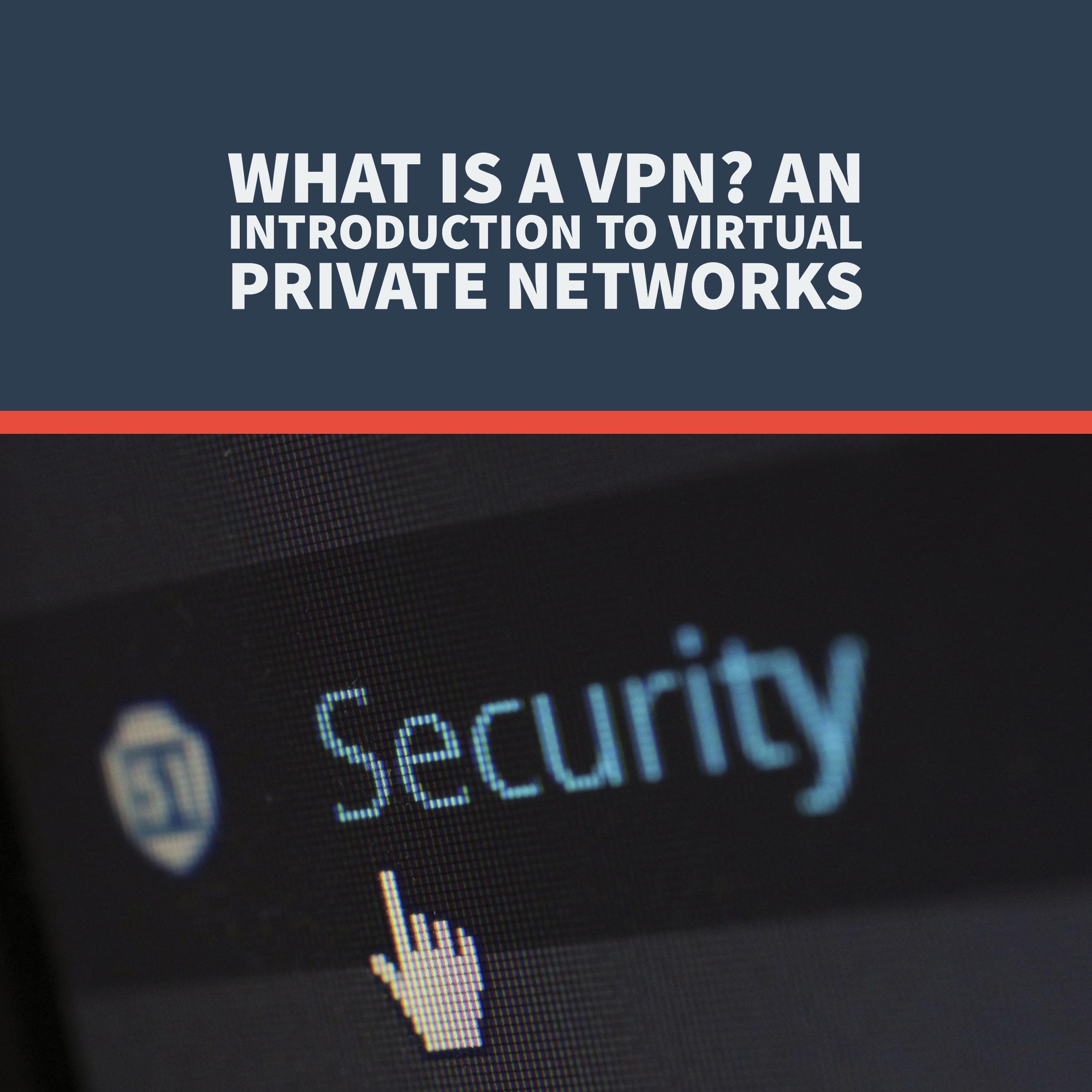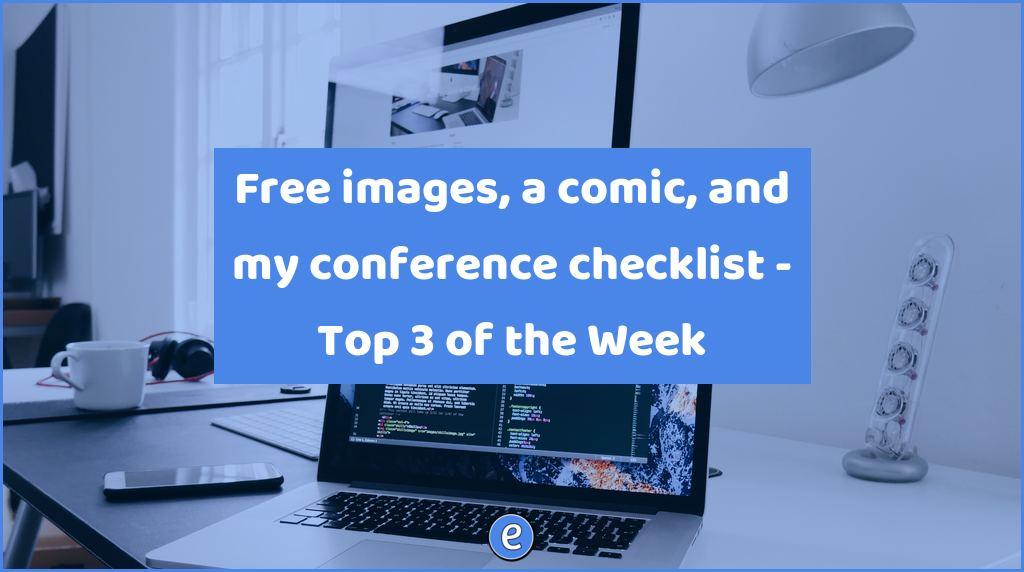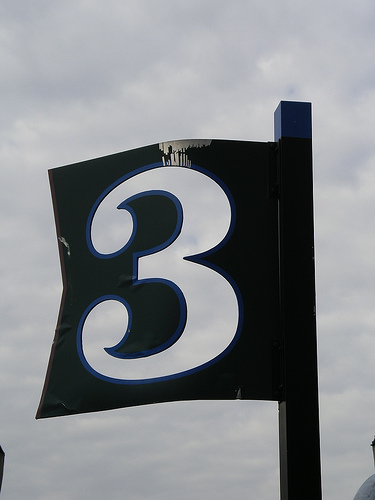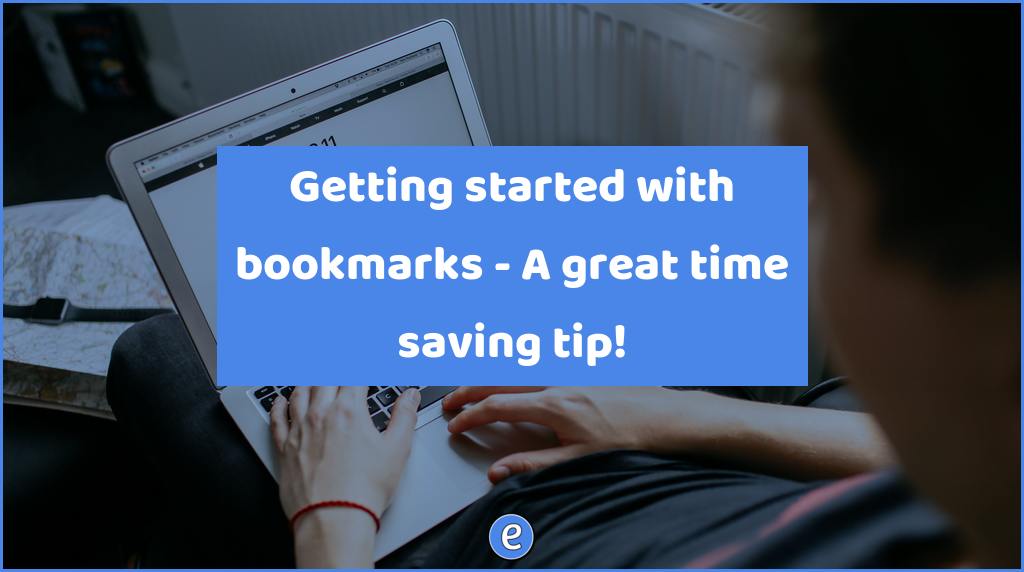What is a VPN? An introduction to virtual private networks
What is a VPN? It is a way to protect your personal information after it leaves your device.
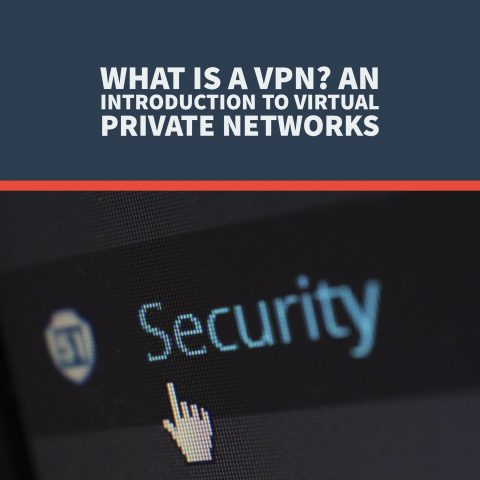
What is a VPN and why would you want one?
When you access a website, your traffic travels over several different networks before it reaches its destination. For most people, traffic goes from their device over wifi to a local router. That router connects to your internet service provider (ISP). Your ISP may then route your traffic through different routers before it gets to the internet and the destination.

The problem is that any device that sees your traffic once it leaves your device and before the traffic reaches its destination is privileged to the information. A problem compounded when using a public wifi access point, anyone on the access point can see the traffic you are sending and receiving.
Scary? That’s why SSL (secure sockets layer) was invented. SSL encrypts your information in such a way that it is unreadable by anyone EXCEPT the destination server. No one can eavesdrop on you, so problem solved. Well, not quite.
Just because no one can read the traffic doesn’t mean they can’t learn things about you. For example, eavesdroppers have access to the destination address, which means that they know what sites you are visiting, along with the time you are visiting. Computers have gotten very good at creating surfing profiles of users, even when they can’t read the traffic.
A VPN bypasses the local router and your ISP by encrypting all traffic as one big stream. The only connection the ISP or any eavesdropper sees in a connection to your VPN provider, nothing else.

This offers protection from your ISP and/or other local interlopers, but you still run into the same problems with the VPN provider, in that you have to trust them that they are not collecting that information. Most say they do not keep logs of usage, but this is not verifiable. It has become somewhat of an issue, since no one seems to be able to come up with a best vpn provider list.
What about proxy servers?
There are two services that have entered the teenage vernacular, VPN and proxies. A proxy server is a service that sits between you and the destination, relaying your information through it. For bypassing a school filter, students can use a proxy server since to the filter it appears the student is connecting only to the proxy server and not Facebook. The security of proxy servers is basically non-existent. The proxy sees every little bit of information and can do whatever they want with the information. SSL is effectively bypassed, allowing a proxy to not only store usernames and password, but any information that passes through the proxy. The only time you will need to use a proxy server is if your network administrator has set one up to use.
Signing up and getting started
Once you sign up with a VPN, there will be directions on how to use it. Some providers have a Chrome extension you can install, while others have software to download and install. Which VPN provider do I recommend? After reading the Ars Technica article I’ve realized that I can’t really recommend a certain provider.
You’ll want to research the current VPN providers and read reviews. I can recommend that you steer clear of any free providers. When the service is free, you’re the product.
Conclusion
It is good security to start using a VPN, especially if you regularly use public wifi hotspots. The VPN will help keep you secure, which is more and more important. And hopefully when you are asked “What is a VPN?” you’re ready to give an answer.
